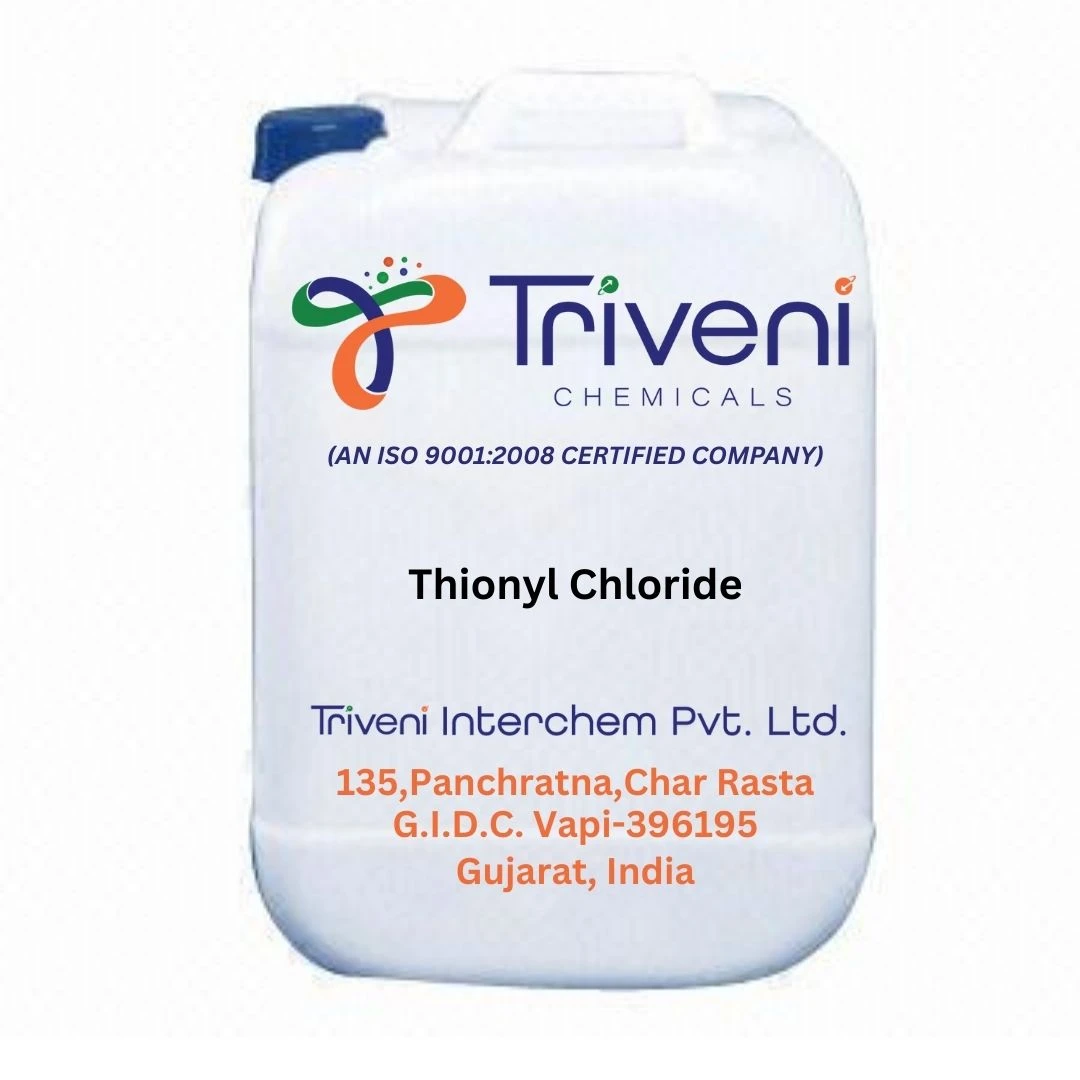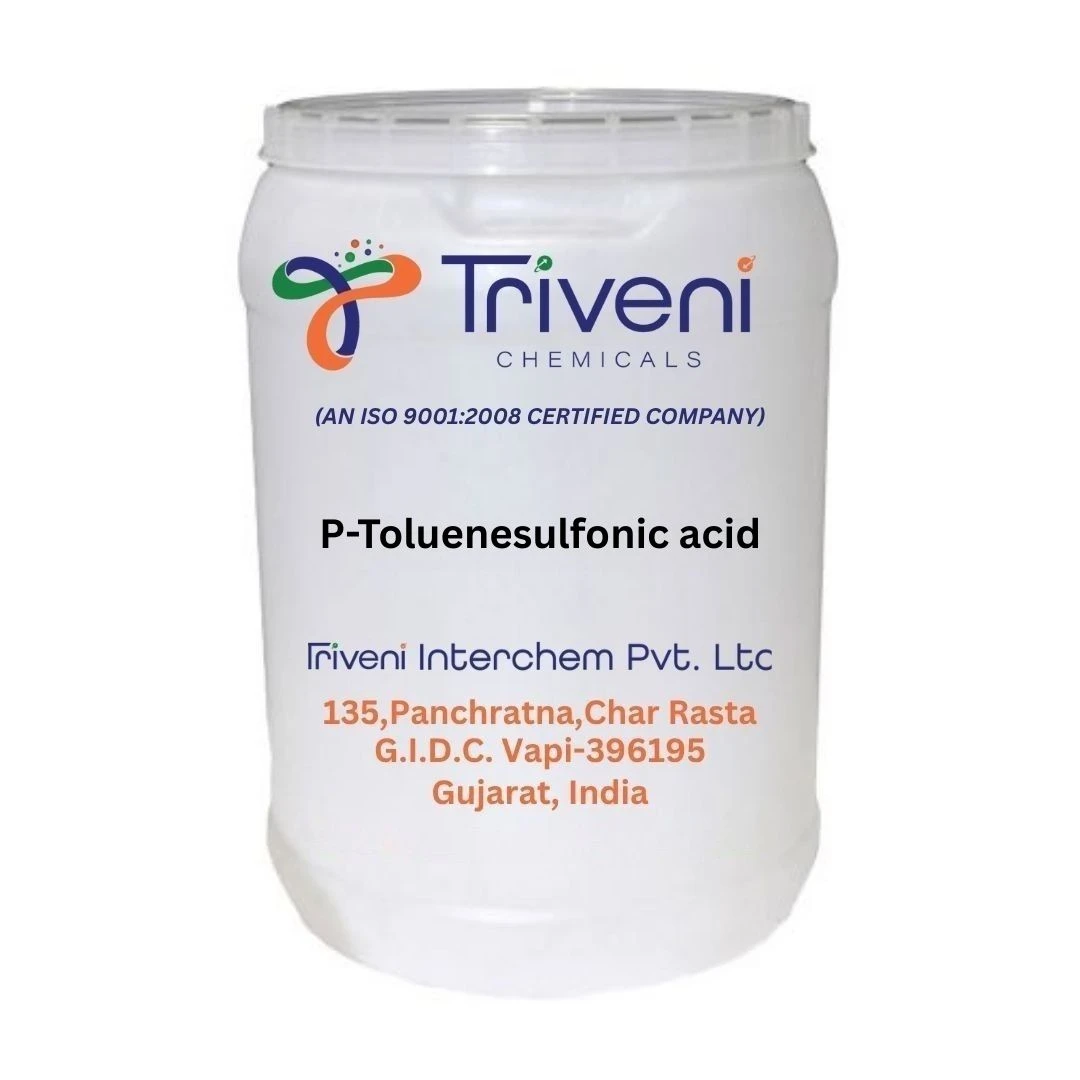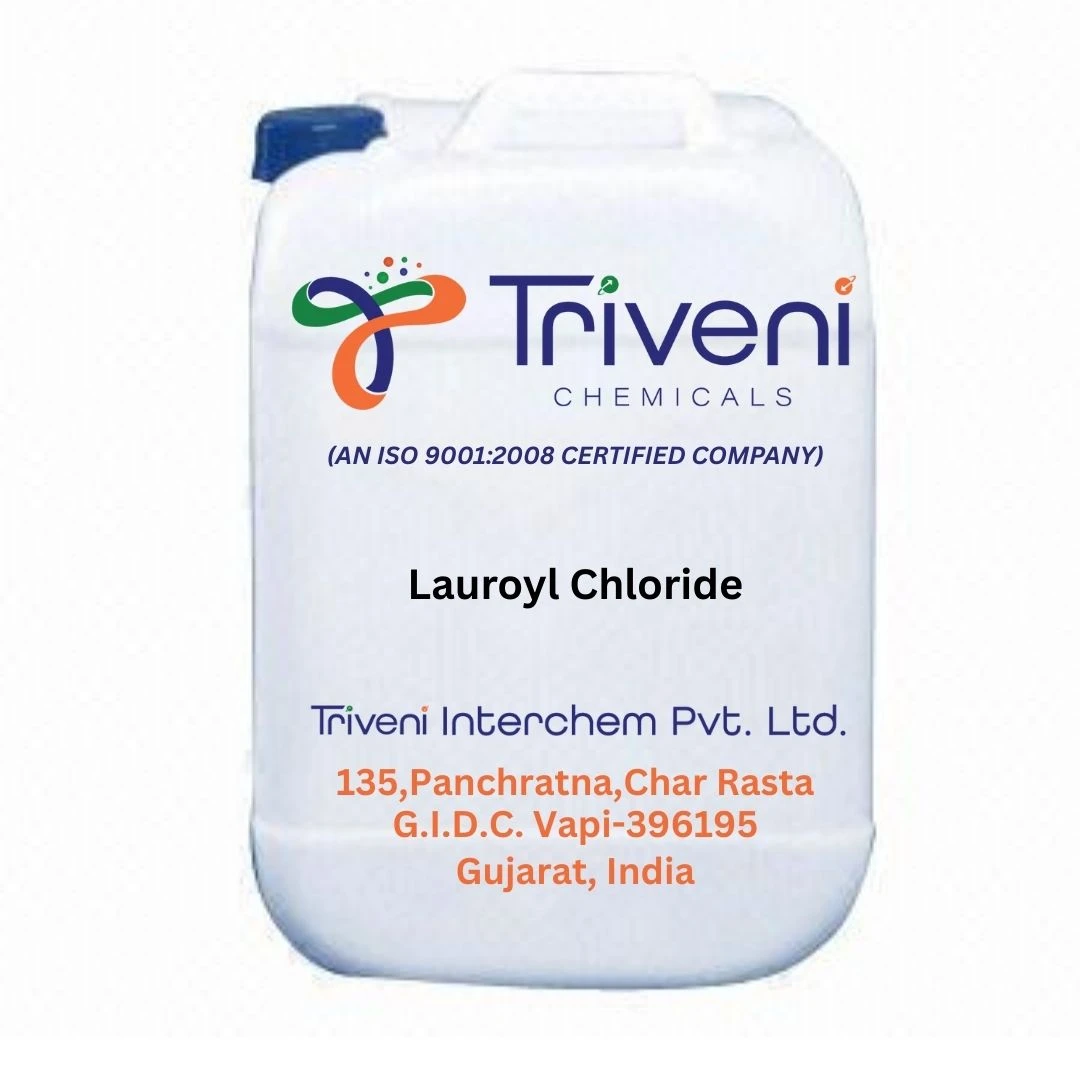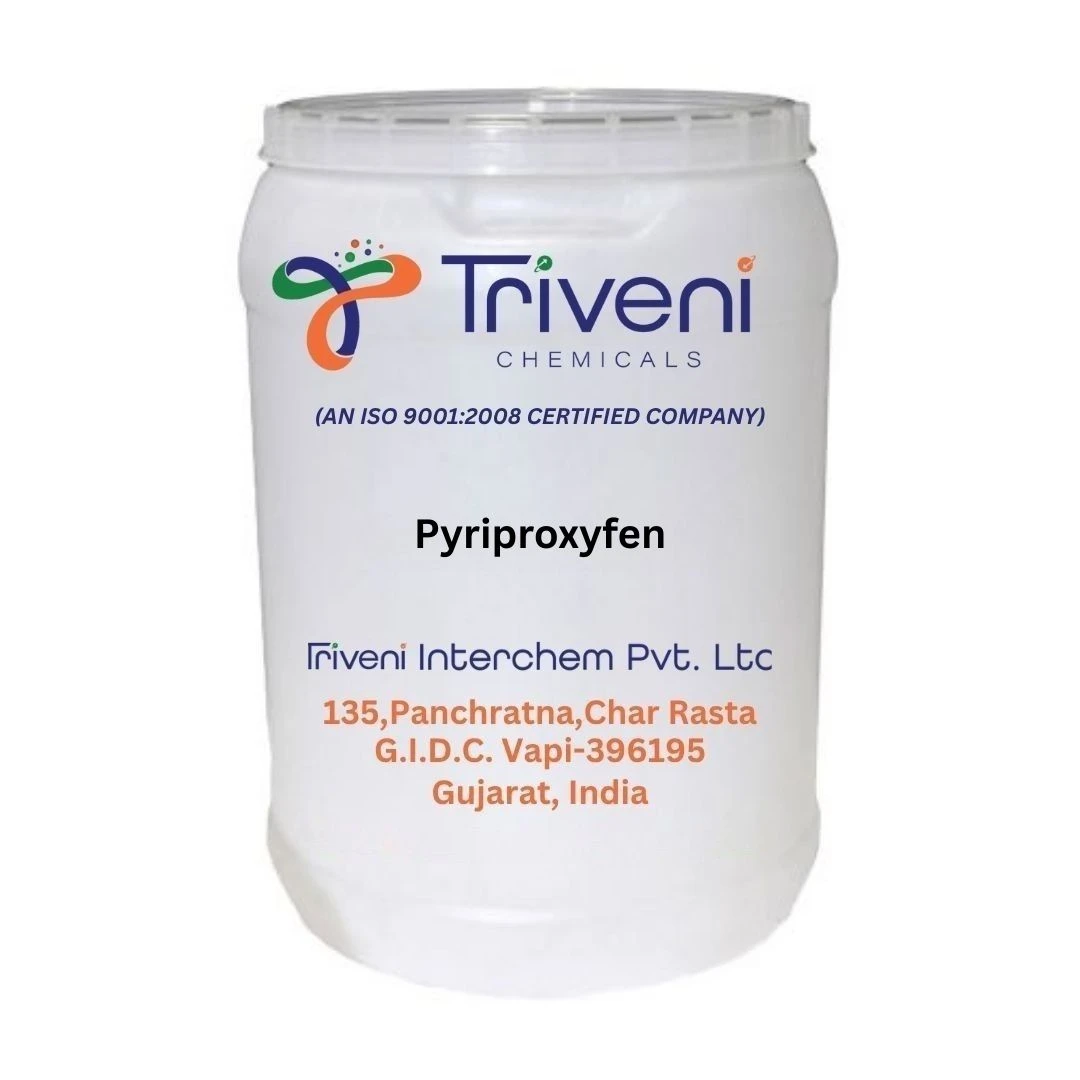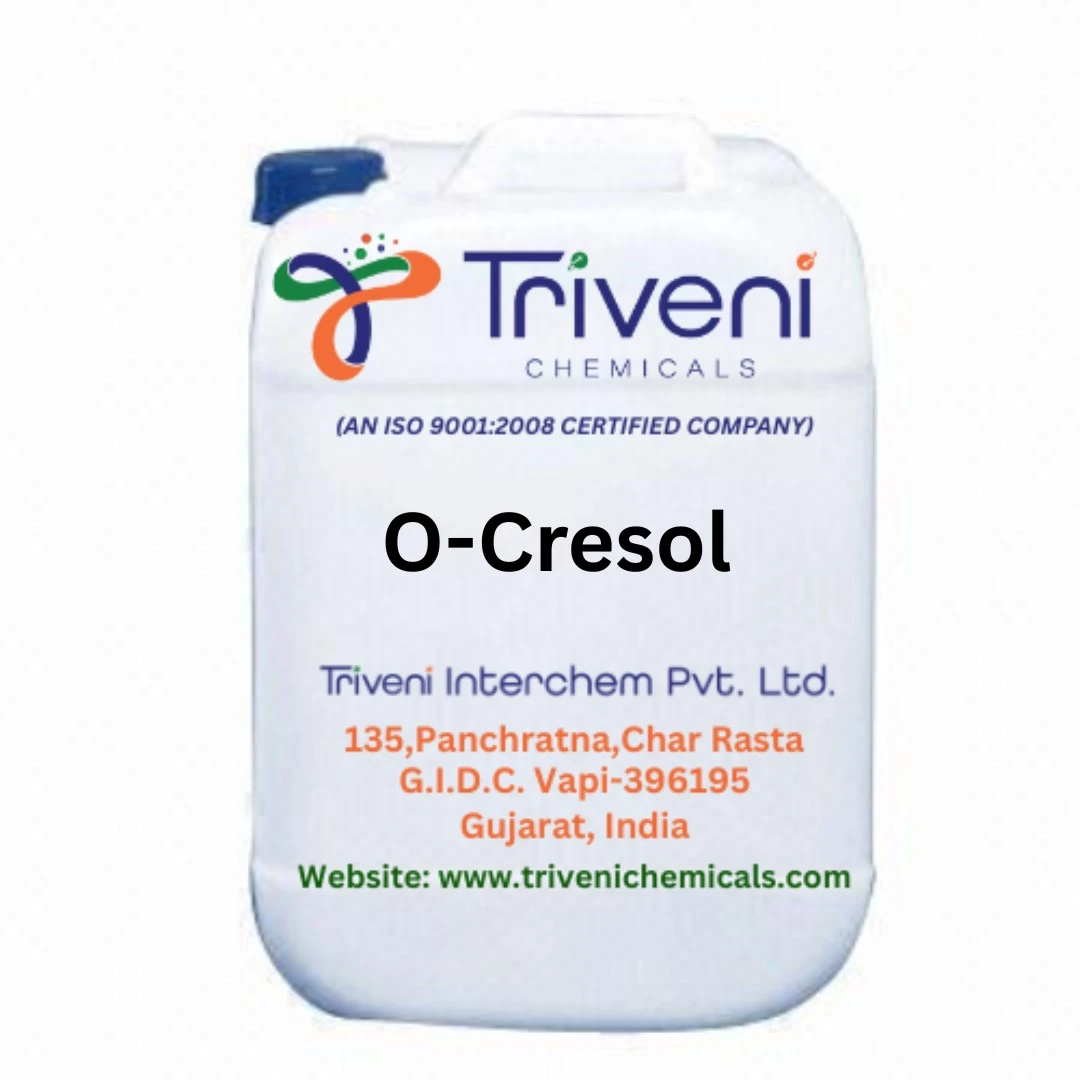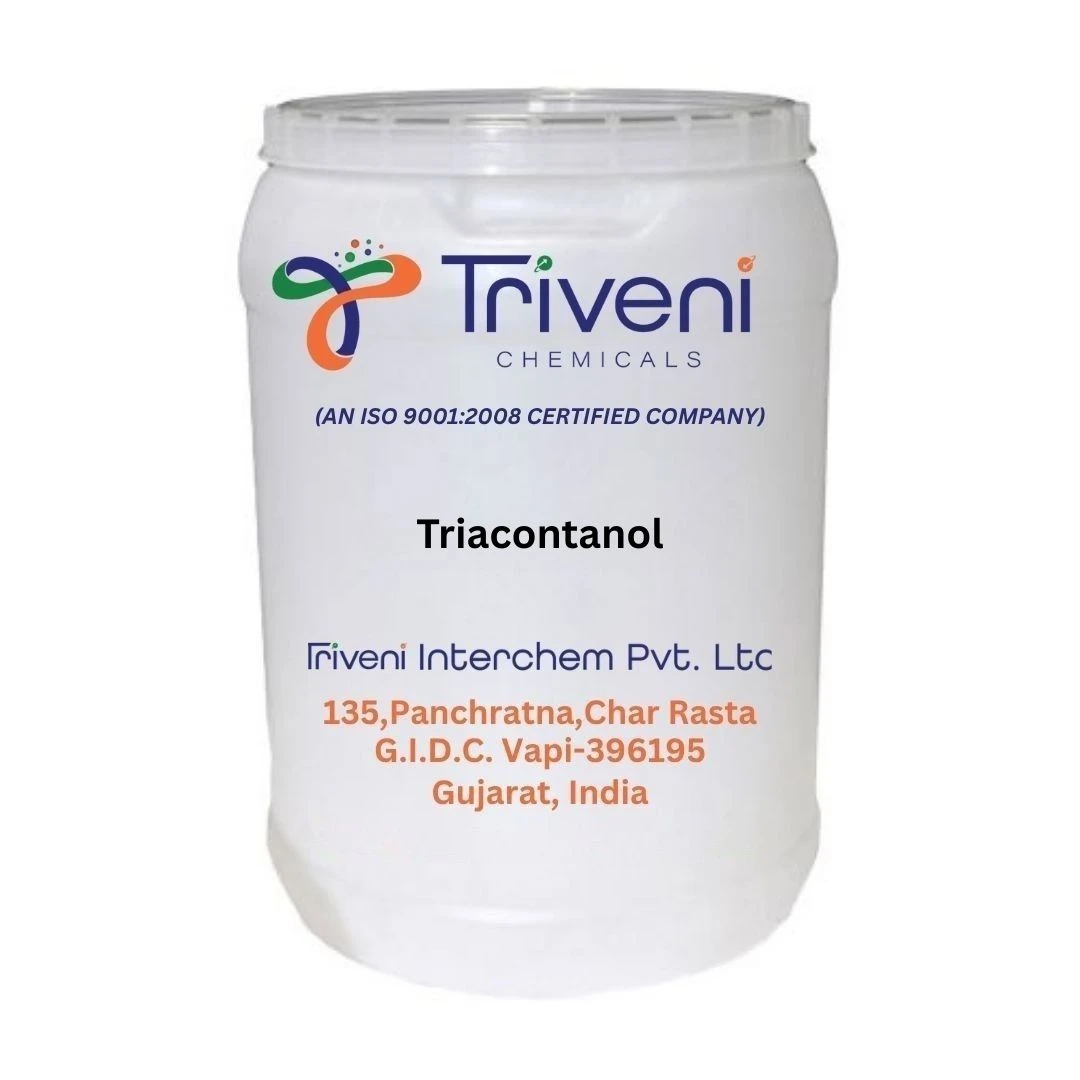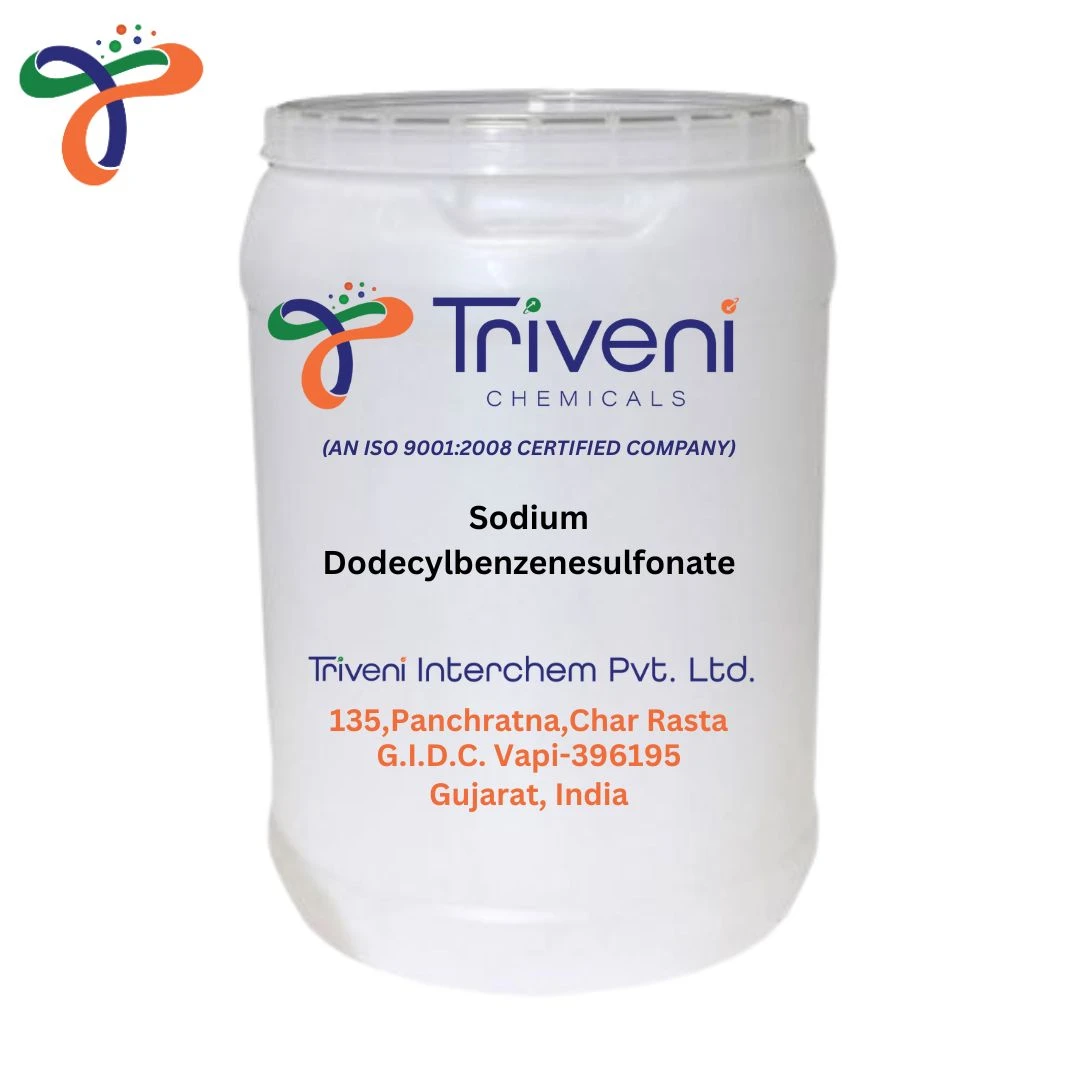Chemicals known as pesticides are made to kill, repel, or manage pests that pose a threat to people, animals, buildings, or crops. By shielding plants from insects, weeds, fungi, and other critters that can lower food yields, they perform a critical role in modern agriculture. But there are also serious..
Chemicals known as pesticides are made to kill, repel, or manage pests that pose a threat to people, animals, buildings, or crops. By shielding plants from insects, weeds, fungi, and other critters that can lower food yields, they perform a critical role in modern agriculture. But there are also serious health and environmental issues with pesticide use. The capacity of pesticides to boost food production is one of its main advantages. Without them, pest-related agricultural losses might be disastrous, resulting in a shortage of food and higher costs. By providing a more consistent and plentiful food supply, pesticides assist farmers in safeguarding their means of subsistence. However there are a number of hazards associated with using pesticides. Because pesticides can contaminate soil and water supplies and harm ecosystems and non-target organisms, the environmental effect of pesticide use is a serious concern. Pesticide-treated fields can release runoff that contaminates rivers and lakes, endangering aquatic life and possibly making its way into the human food chain. Pesticide resistance is yet another important concern. Over time, pests may become resistant to insecticides, making them less efficient and necessitating higher dosages or more powerful poisons. This loop can result in a risky increase in the usage of pesticides, posing a vicious cycle of hazards to human health and the environment. Human health is another important factor. When applied improperly, pesticides can cause everything from minor skin irritation to more serious illnesses including cancer and neurological abnormalities. Communities residing close to agricultural areas and farmworkers are especially susceptible to these dangers. Increasing interest has been shown in integrated pest management (IPM) strategies as a means of addressing these issues. IPM is a comprehensive strategy to pest management that combines biological, cultural, physical, and chemical methods in an effort to reduce the usage of pesticides. This approach takes into account the long-term effects on ecosystems and human health in order to promote sustainable agriculture. Regulatory agencies are essential to guaranteeing the responsible use of pesticides. They create criteria for handling, applying, and disposing of pesticides as well as standards for pesticide approval and use monitoring. To encourage ethical pesticide usage and lower hazards to the environment and public health, farmers must get education and training. In summary, pesticides in agriculture are a double-edged sword that protects crops well but also poses serious threats to human health and the environment. A multifaceted strategy that prioritizes the long-term health of ecosystems and communities while reducing dependency on chemicals is needed to balance these concerns.



